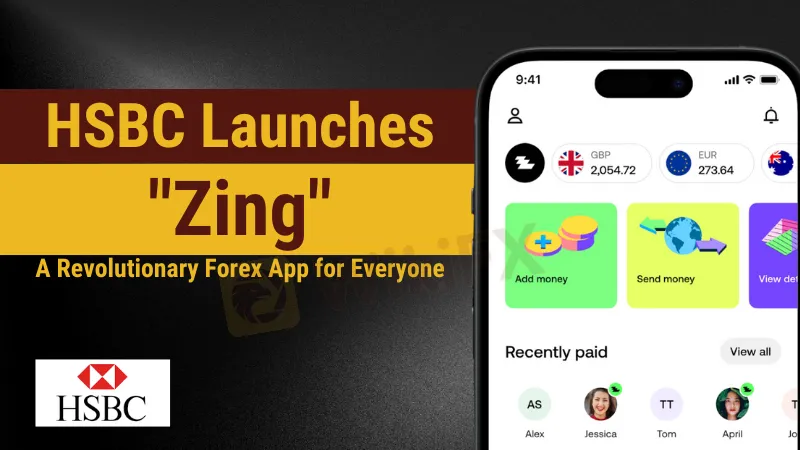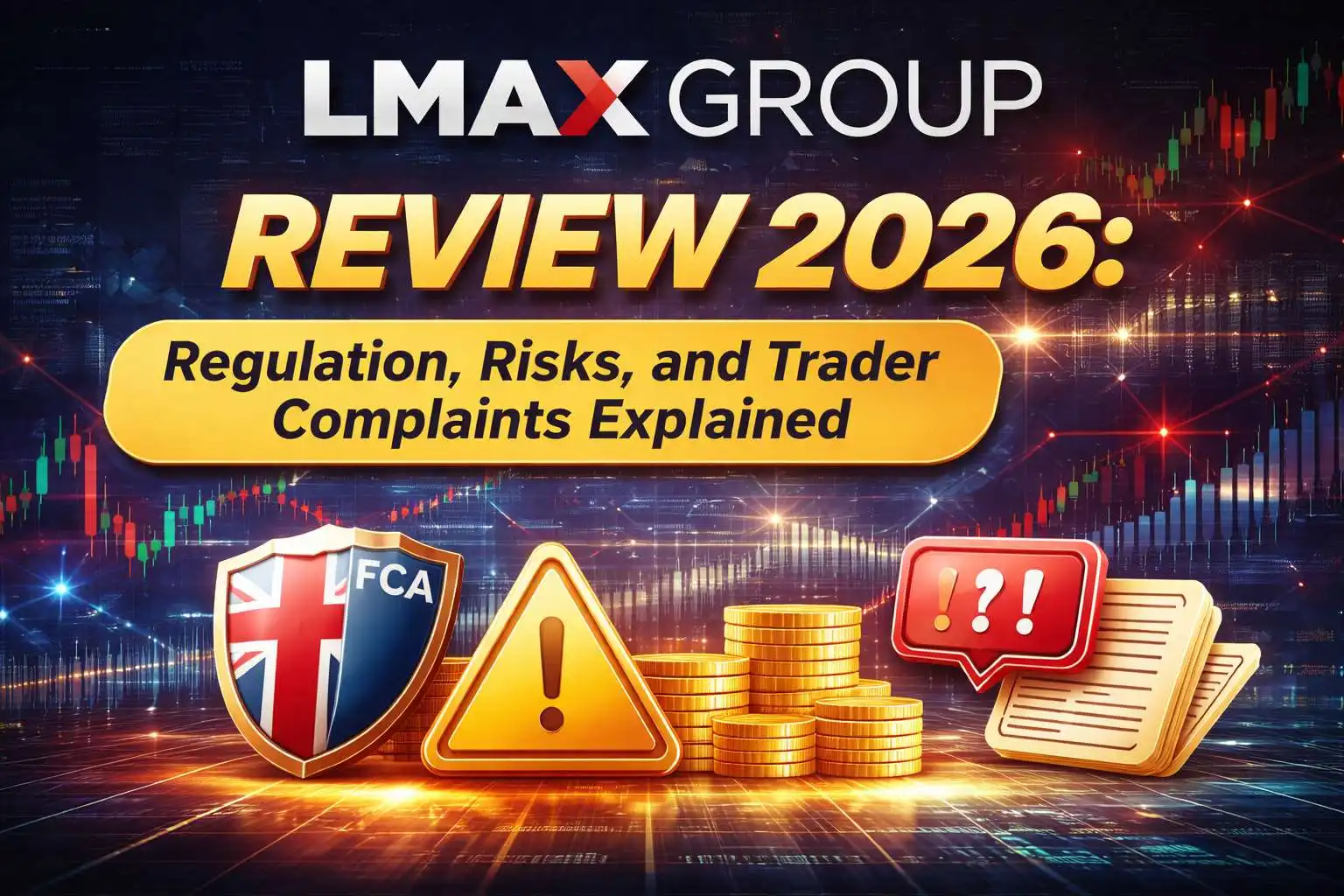Abstract:HSBC Holdings Plc announces the launch of its latest innovation, "Zing" – an international payments app designed to transform the global forex landscape.

In a groundbreaking move, HSBC Holdings Plc announces the launch of its latest innovation, “Zing” – an international payments app designed to transform the global forex landscape. With this strategic launch, HSBC directly challenges the likes of fintech giants Revolut and Wise Plc, who have significantly impacted the retail customer market through their cost-effective foreign exchange offerings.
Introducing Zing: Your Gateway to Effortless Forex

Zing debuts in the UK, marking the beginning of HSBC's ambitious journey to redefine forex services. The app, accessible on both Apple Inc.‘s Appstore and Alphabet Inc.’s Google Play, is set to be a game-changer in the financial world. The most striking feature of Zing? It's open to everyone, not just HSBC customers, a clear indication of HSBC's inclusive approach towards global financial services.
Three Minutes to a World of Forex Opportunities

Ease of access is at the heart of Zing. According to Nuno Matos, the CEO of HSBCs global wealth and personal banking business, new users can embark on their international payment journey in a mere three minutes. “Zing has a global ambition,” Matos emphasizes, underscoring HSBC's vision to position itself as a leading global platform for international payments.
HSBC's Strategic Move in a Fintech-Dominated Arena
This launch is a significant step for HSBC in a market predominantly influenced by fintech startups. These startups have made considerable strides over the past decade, introducing innovative mobile-based services, from cross-border payments to savings accounts and investment products. HSBCs move with Zing signals a new era of competition in the financial services sector.
Wise and Revolut: Feeling the Market Impact
The announcement has already created ripples in the market, with Wise Plc shares experiencing a notable decline. Despite their successful track record and substantial user base, companies like Wise and Revolut now face a formidable challenger in HSBC's Zing.
Global Money to Zing: HSBC's Continued Forex Evolution

HSBC is no stranger to the forex market. Its existing service, Global Money, has already made significant inroads since 2020, serving existing customers with a fee-free currency service. With transactions totaling approximately $11 billion in 2022, Global Money set the stage for Zing's introduction.
Zing: More Than Just an App
Matos envisions Zing as more than just a forex tool. It's a gateway for users to explore the broader spectrum of banking services offered by HSBC. This aligns with HSBC's strategy to cater to the needs of internationally mobile customers, aiming to establish itself as the go-to financial institution in this sector.
HSBC's Bold Venture into Uncharted Territories
“Zing represents HSBC's bold venture beyond its traditional customer base,” Matos states. With Zing, HSBC is poised to tap into a growing market segment that aligns closely with its global customer profile.
In conclusion, Zing by HSBC is not just an app – it's a testament to the bank's commitment to innovation, inclusivity, and customer-centricity in the ever-evolving world of financial services. As Zing rolls out, it's set to redefine the norms of international payments, making forex transactions effortless and accessible to all.













